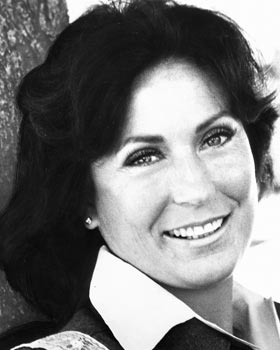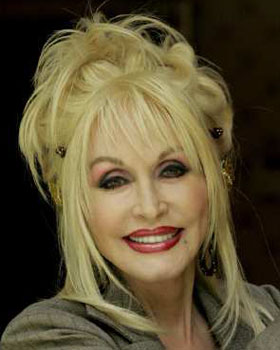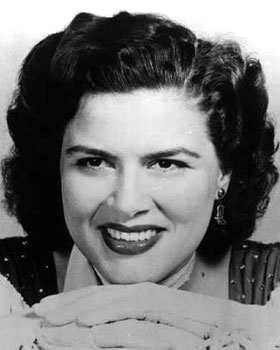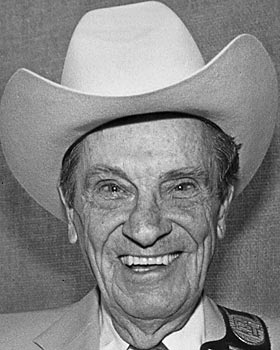Loretta Lynn
Married at 14 and the mother of four at 18, Loretta Lynn became one of the most successful and influential singers — male or female — in country music.
She brought a feisty, feminist stance to Nashville in the 1960s and '70s, asserting a spirit of independence in hits such as “Don't Come Home a Drinkin' (With Lovin' on Your Mind)” and the birth control-themed “The Pill.” Lynn grew up in poverty in coal country, moving to Washington state after her marriage to Oliver “Mooney” Lynn.
She recorded for a small Los Angeles label in 1960, and her promotional work helped make “I'm a Honky Tonk Girl” her first hit. In Nashville, she worked with Patsy Cline's producer Owen Bradley, who helped her launch a string of hit singles that included 13 Top 10 country hits between 1966 and 1970. She also thrived as a duet partner, first with Ernest Tubb, later and more successfully with Conway Twitty.
Her autobiography, “Coal Miner's Daughter,” was made into a 1980 film, with Sissy Spacek winning an Oscar for her portrayal of Lynn.
Lynn teamed with Dolly Parton and Tammy Wynette for the album “Honky Tonk Angels” in 1993, and in 2004 she made a surprise comeback with “Van Lear Rose,” an album that was produced by the White Stripes' Jack White and won the Grammy for best country album.
Related stars
|
|





Three thoughts about Loretta Lynn
Share a thought about Loretta Lynn